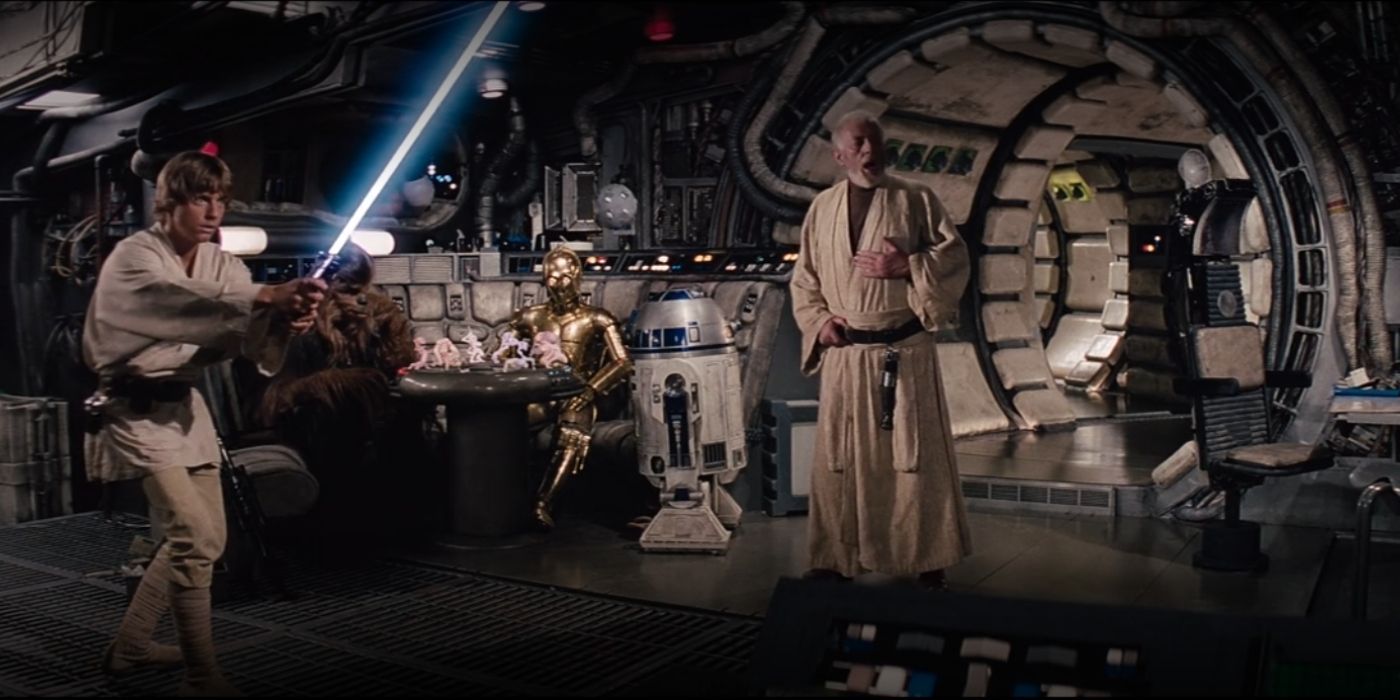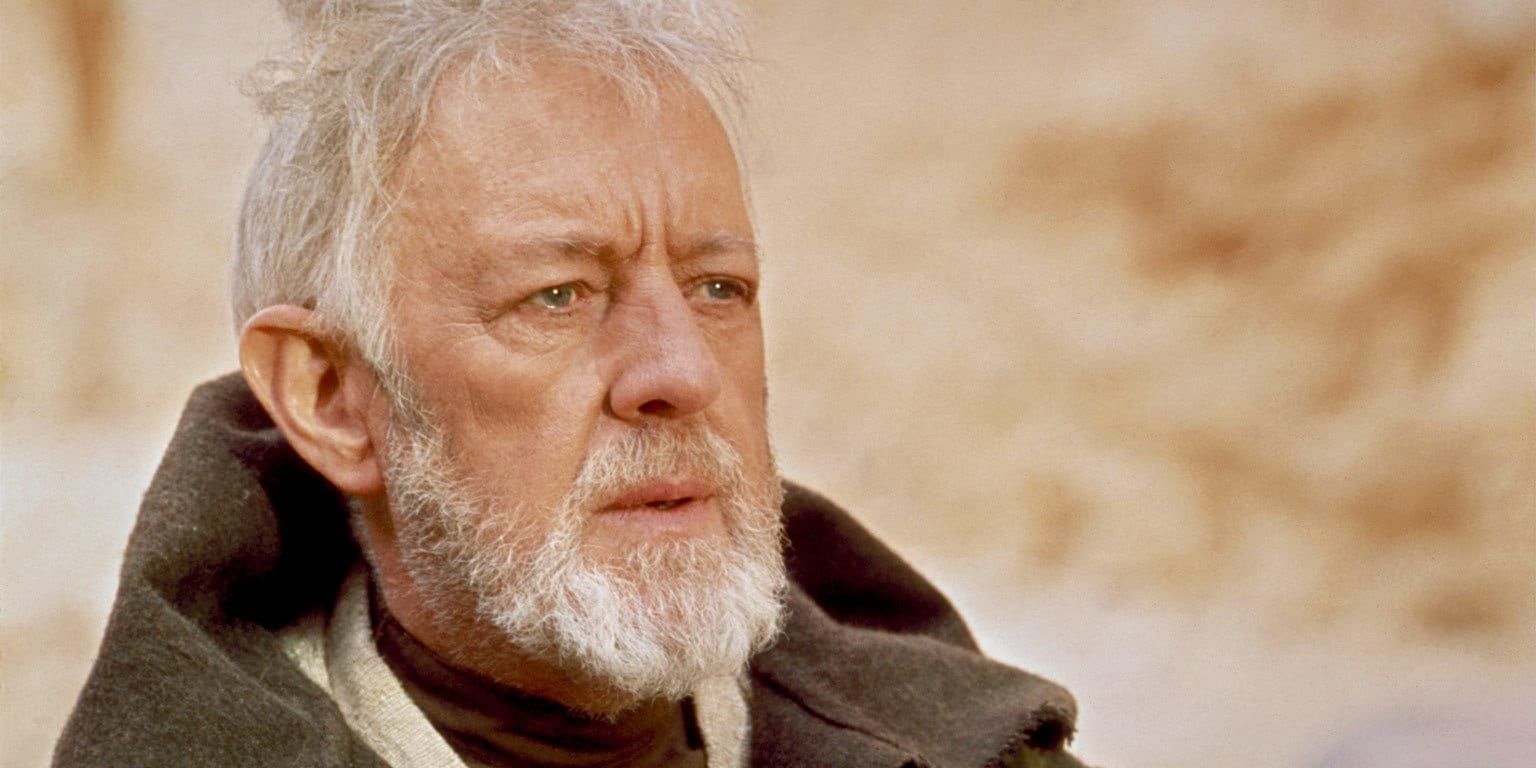Summary
- Obi-Wan's seeming inability to remember R2-D2 in "A New Hope" was a deliberate choice to downplay the droid's arrival and avoid revealing too much too soon.
- Through careful wordplay and Obi-Wan's casual relationship with the truth, his statement of never owning a droid in "A New Hope" serves as a cover to hide his past companionship with R2-D2.
- The need to keep the past a secret until absolutely necessary, provides a plausible explanation for Obi-Wan's feigned ignorance of R2-D2 and connects to the larger deception about Anakin's identity as Luke's father.
"I don't seem to remember ever owning a droid," Obi-Wan Kenobi ponders in an early scene from Star Wars: A New Hope. He's talking about R2-D2, who crossed the sands of Tatooine to deliver Princess Leia's message, and who Luke assumes is the old hermit's property. At the time, the comment -- and Obi-Wan's seeming inability to remember R2-D2 -- didn't appear significant. However, the film's unprecedented success, and the subsequent need for backstory, raised some difficult continuity issues that have only fitfully been addressed in the decades since. The perceived oversight is more than forgivable. After all, the success of Star Wars surprised even its creator, George Lucas. And with Obi-Wan both a key player in Anakin Skywalker's life and quite dead by the end of the original movie, his past was a logical place to expand the Star Wars universe.
That meant studiously avoiding the old Jedi's perceived inability to recognize R2-D2, who, with the prequels and The Clone Wars animated series in place, became one of Obi-Wan's most stalwart companions before their renewed acquaintance on Tatooine. Naturally, fans have noticed the discrepancy over the years, as the pair become boon comrades during the Clone Wars, and there would be absolutely no way Obi-Wan could miss his old friend in A New Hope. The most plausible explanation entails the secrecy Obi-Wan has lived under for so long. As Obi-Wan Kenobi shows, both the Jedi and the astromech droid had good reason to be cautious. That, in turn, enabled a little careful wordplay to avoid revealing too much too soon. That connects their shared deception to the much larger one about Anakin's status as Luke's father.
Updated February 13 by Robert Vaux: The Obi-Wan miniseries has answered a number of questions surrounding the R2-D2 issue, or at least clarified the reasons for Kenobi's caution during the events of A New Hope. While R2-D2 never met Obi-Wan during that series, he would have been aware of the dangers that kept them both feigning ignorance about each other in A New Hope The article has been expanded to further discuss those details, and its formatting has been updated to meet current CBR guidelines.
Obi-Wan Was Pretending He Didn't Know R2-D2
|
Artoo's Owners |
Timetable (BBY) |
Timetable (Movies/TV) |
|---|---|---|
|
Padme Amidala |
32 BBY-22 BBY |
The Phantom Menace -- Attack of the Clones |
|
Anakin Skywalker |
22 BBY-19 BBY |
The Clone Wars -- Revenge of the Sith |
|
Bail Organa/Leia Organa |
19 BBY-0 BBY |
Revenge of the Sith -- A New Hope |
|
Luke Skywalker |
0 BBY-34 ABY |
A New Hope -- The Last Jedi |
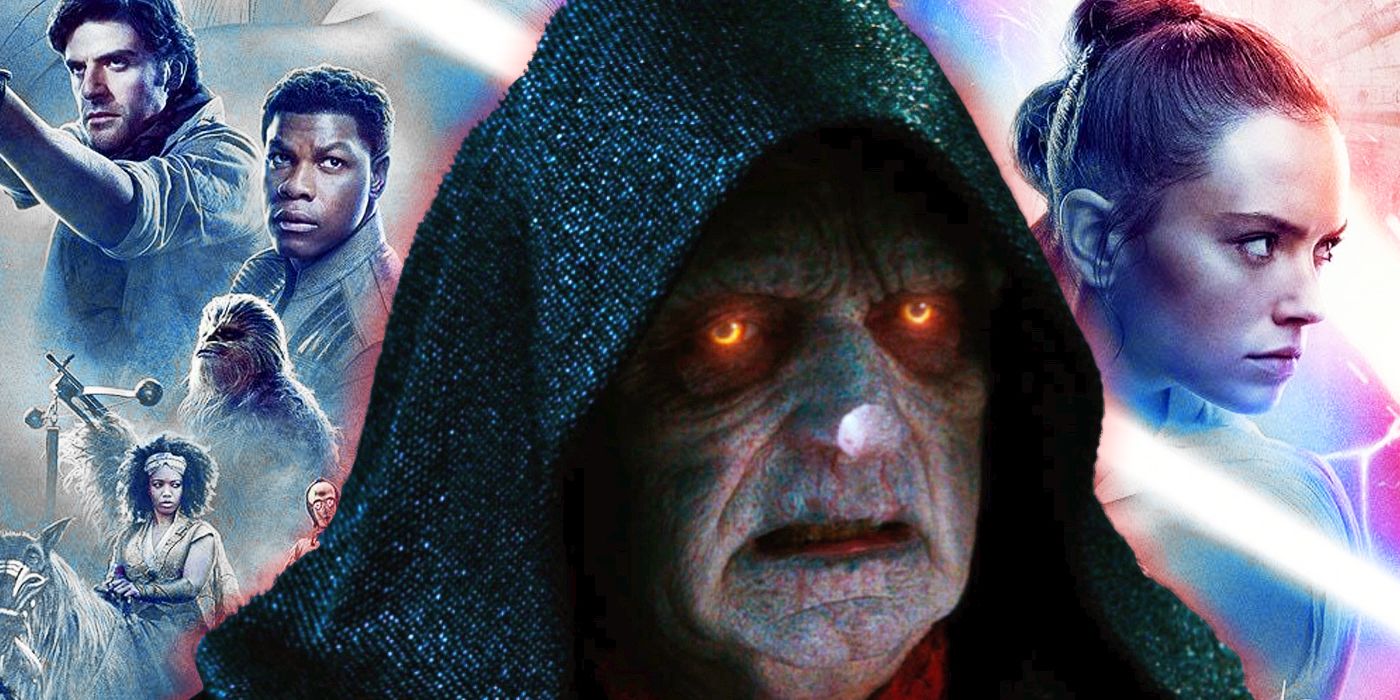
Star Wars: Ian McDiarmid Defends Palpatine's Controversial Comeback
Ian McDiarmid explains why it's not such a big deal that Palpatine "somehow" returned in Star Wars: Episode IX - The Rise of Skywalker.The base assumption of why Obi-Wan doesn't remember R2-D2 -- in light of the prequels -- is that Obi-Wan is feigning ignorance in A New Hope to downplay the importance of the droid's arrival. That explanation holds the most water for a number of reasons. A 2017 Reddit theory posted by u/mybustersword adds to that by connecting to the notion of a "companion." It explains that Obi-Wan carefully praises Artoo rather than pretends not to know him, suggesting that he doesn't "own" R2-D2 in the manner that Luke is describing. It's effective not only in smoothing over the bumpy continuity but in illuminating Obi-Wan's infamously casual relationship with the truth.
Shortly after claiming to have never owned a droid, Obi-Wan tells Star Wars' most hotly debated story by claiming Darth Vader "betrayed and murdered" Luke's father, Anakin. His defense in Return of the Jedi was to insist it was true "from a certain point of view," a perspective fans debate to this day. Regardless of the veracity of Obi-Wan's position, it provides elegant cover for additional embellishments and allows him to feign ignorance over R2-D2. The Jedi Master could justify that lie by claiming Luke simply isn't ready for the burden of his destiny -- and he would likely be right -- which saved the entire scene from the potential continuity trap created by the prequels.
The Obi-Wan Kenobi Disney+ Miniseries Explains the Need for Secrecy
The Obi-Wan miniseries subtly clarifies matters somewhat, despite the fact that the characters never meet. The first episode shows Artoo at the Organa home on Alderaan, conducting household repairs and the like. Leia soon falls under threat of abduction, forcing Obi-Wan to intervene and save her. Luke doesn't escape scrutiny either, coming dangerously close to being murdered or brought to his father before he's ready to face his destiny. At the end of the miniseries, Obi-Wan tells Leia to tell her father everything that happened to them. Artoo -- who is clearly capable of keeping a secret -- would very easily be privy to that information. Accordingly, he'd know as well as Obi-Wan how important it is to keep the past a secret until absolutely necessary. That, in turn, would give both characters enough shared context to gloss over their connection to each other, at least during the events of A New Hope.
Obi-Wan Kenobi also clarifies the story about Vader "betraying and murdering" Anakin -- a point of view that Vader himself has embraced -- and giving cover for Obi-Wan to tacitly hide the key details from Luke without strictly lying. Just as he claims that Anakin's death was true "from a certain point of view," so does he hide his previous association with R2-D2. Presumably both he and the droid silently agreed it was for the best, giving Obi-Wan cover to choose his remarks with care. As with his story about Anakin, the ethics of the move are debatable. But considering Luke and Leia's importance -- and considering how close they came to disaster during the events of Obi-Wan Kenobi -- it would certainly make sense fo Artoo and Obi-Wan to play it cool until they understood more about the situation.
Obi-Wan Kenobi Is R2-D2's Friend, Not His Owner
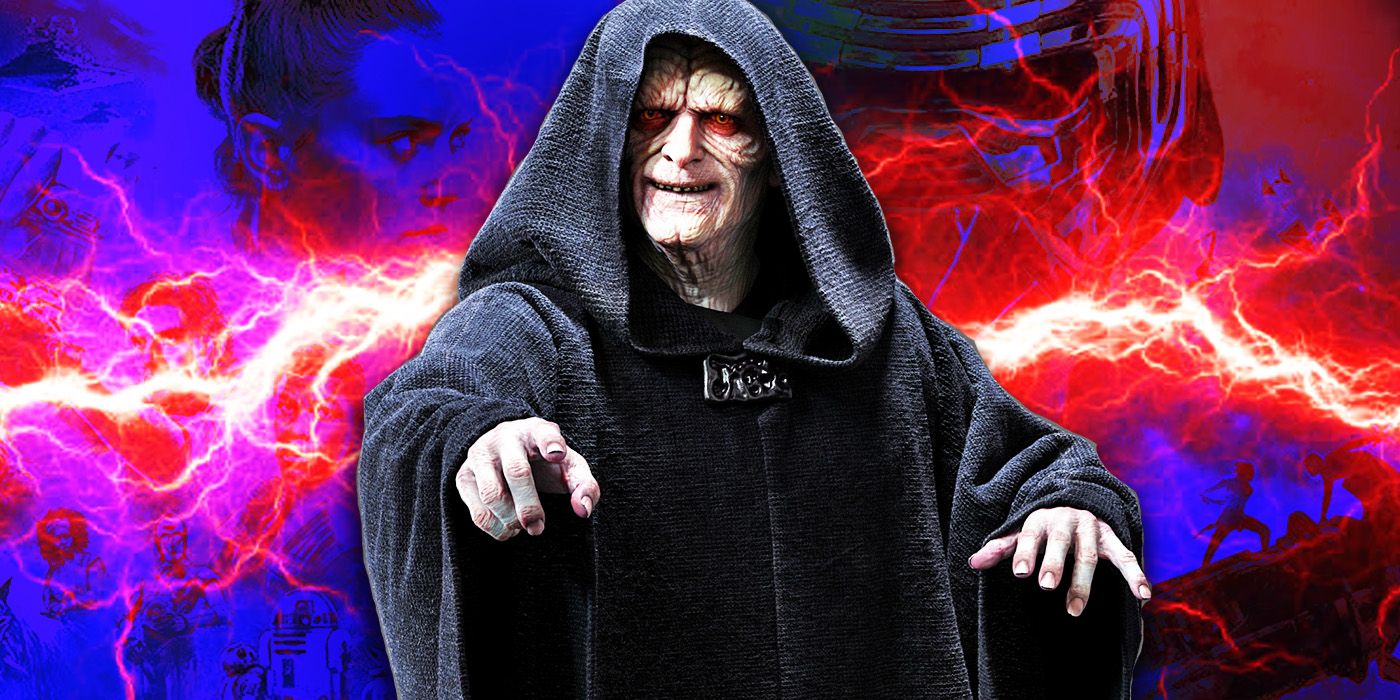
'Yes, He Does Have Sex': Star Wars Vet Sheds Light on Palpatine's Dark Side
Star Wars franchise star Ian McDiarmid addresses Emperor Palpatine's sex life.The Reddit theory goes one step further by extending Obi-Wan's "certain point of view" to R2-D2 and droids in general. The galaxy views droids as a servant class -- to be used, bought and sold like any other object. Luke buys into the social norm, at least in A New Hope, by treating Artoo and Threepio as servants rather than equals. Neither droid is apt to correct him, especially after his kindness becomes apparent. And in Artoo's case, he's likely all-too aware of Luke's heritage: allowing him to happily serve the young man just as he had Leia before him and Anakin before her.
Obi-Wan, however, has more respect for the pair, or at least for Artoo. By claiming he's never owned a droid, he applies the same tactic as he did with his embellishment about Anakin. He hasn't owned a droid because R2-D2 is his friend. No one can "own" him, and to claim to have done so disrespects the countless ways the little astromech has saved the galaxy. Having fought their way through the Clone Wars together, experienced the shared pain of Anakin's loss, and undertaking the same shared mission of keeping Luke and Leia safe, he's simply not capable of looking at Artoo as anything but an equal. If the theory applies, then Obi-Wan cleverly makes note of that while simultaneously hiding his past companionship with R2-D2. Luke, of course, wouldn't notice -- at least at that point in the story. -- letting Obi-Wan stay cryptic and edge around the question of previously owning a droid.
The scenes in A New Hope are vague enough to allow the entire affair to slide by, regardless. Fans long ago accepted the film's unexpected success meant going easy on any continuity problems that might arise. Obi-Wan's arrival in A New Hope has since been fitted with considerably more dramatic weight than it carried in 1977, with the fate of the galaxy caught up in a seemingly casual conversation in an old man's desert hut. It's a testament to Alec Guinness's performance that it could carry so much inadvertent meaning so easily, and to George Lucas's direction that he could convey the importance of their exchange when even his own picture of the past was incomplete. The theory is simply a more thoughtful means of weaving through the potential incongruities. It adds a layer of personality to Obi-Wan during one of his more quietly challenging moments as a character and, in the process, makes him just a little more interesting.
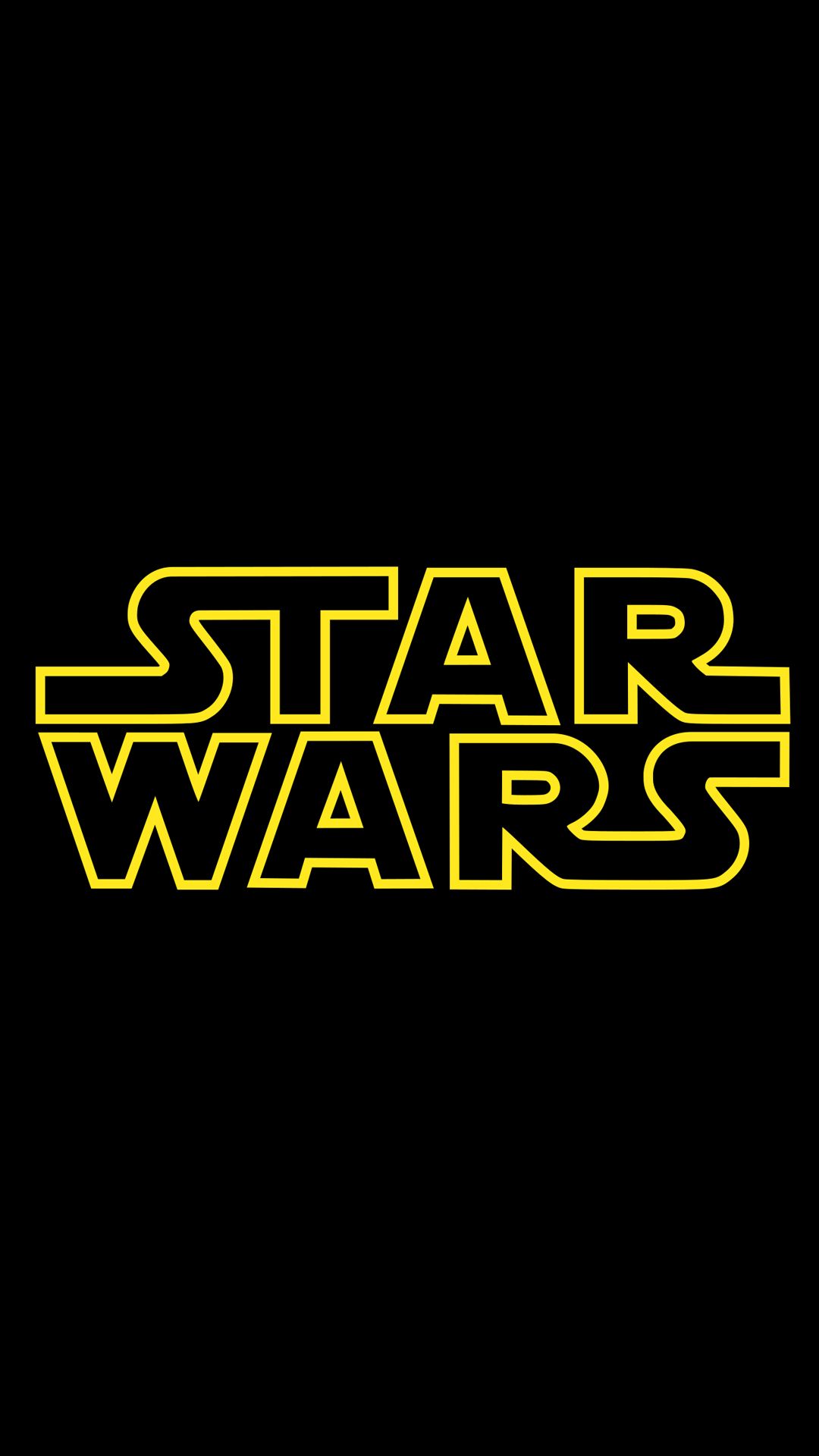
Star Wars
The original trilogy depicts the heroic development of Luke Skywalker as a Jedi and his fight against Palpatine's Galactic Empire alongside his sister, Leia. The prequels tell the tragic backstory of their father, Anakin, who is corrupted by Palpatine and becomes Darth Vader.
- Created by
- George Lucas
- First Film
- Star Wars: Episode IV - A New Hope
- Latest Film
- Star Wars: Episode XI - The Rise of Skywalker
- First TV Show
- Star Wars: The Mandalorian
- Latest TV Show
- Ahsoka
- Character(s)
- Luke Skywalker , Han Solo , Princess Leia Organa , Din Djarin , Yoda , Grogu , Darth Vader , Emperor Palpatine , Rey Skywalker


